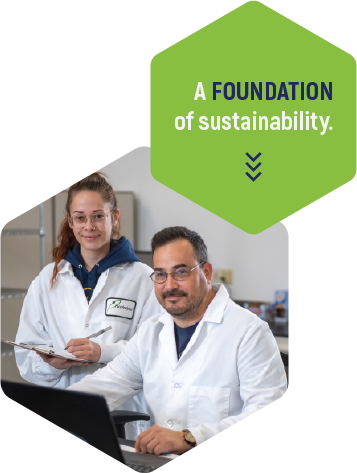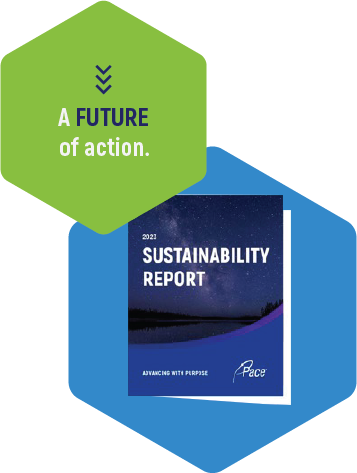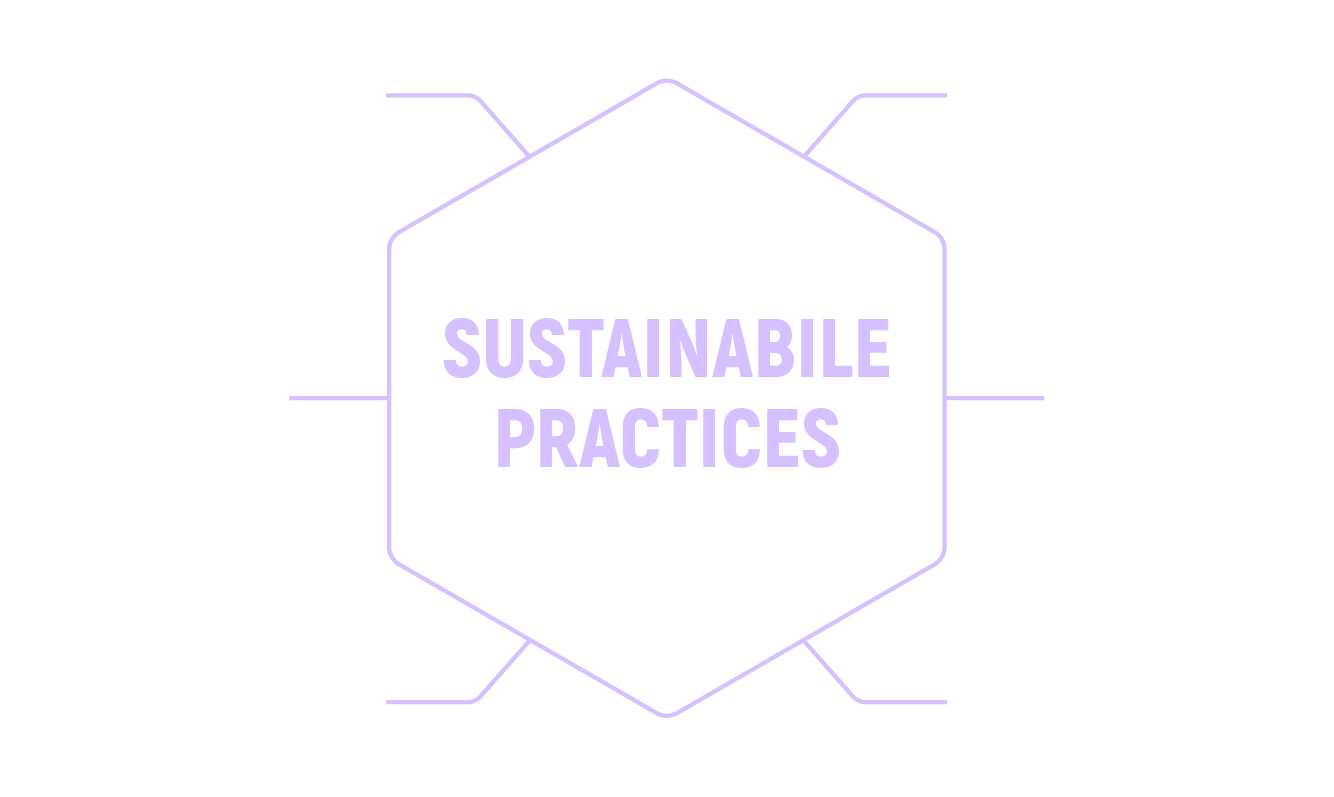Advancing with Purpose
At Pace®, we believe in the power of science to create a better world – and we’re the people who will make it happen.
Sustainability at Pace®
For more than 45 years, we have consistently upheld a promise to deliver precise and reliable data through practices that maintain the integrity of our planet. Today, we are making bold strides to quantify and reduce our environmental impact, reaffirming our commitment to sustainability by pursuing innovative solutions to reduce our footprint even further.
Because hoping for a better, more sustainable future isn’t enough; we’re creating it.


The Pace® mission has never wavered: To protect the environment and improve our health. We’re proud of the progress we’ve made over the years. Our impact has been innovative and meaningful. With our newly established, formalized Sustainability Program baselines, it’s also measurable.
Join us as we embark on a new future of action.
For more information on our progress, sign up for Sustainability Report updates.
Learn about current sustainable practices at Pace®.
Through a series of innovations in our labs, Pace® has implemented sustainable solutions that reduce the volume of sampling material required for testing while providing the same high-quality data results for our clients. This has led to reduced solvent waste, smaller sample containers, and efficiencies in packaging and shipping costs.
Solvent recycling is the purification and reuse of used solvents. This process reduces resource conservation efforts, promotes responsible waste management practices, and reduces the amount of hazardous waste generated.
Energy efficiency is integral to our sustainability strategy. When systems, appliances, and buildings operate more efficiently, they require less energy to perform the same tasks. This results in lower greenhouse gas emissions and a reduced environmental footprint. Pace® is continuously seeking opportunities to improve efficiencies across our laboratory network to deliver high-quality results while using fewer natural resources.
Shifting from traditional paper reports to online reporting represents a significant stride towards sustainability. Embracing digital platforms for reporting reduces the demand for paper production, leading to lower environmental impacts. Online reporting enhances efficiency and accessibility, allowing for streamlined data management and facilitation of information while contributing to the broader goal of sustainability.
Courier optimization improves routes while reducing travel distances and fuel consumption. This leads to a reduction in greenhouse gas emissions and overall energy use. More efficient routes result in fewer miles driven, which makes accidents less likely and can lower the risk of driver fatigue.
Reusing coolers used to transport sampling material is a sustainable practice that extends the lifespan of coolers through multiple uses. It encourages responsible consumption habits by encouraging clients to consider the environmental impact of the reuse. This helps minimize the environmental impacts of manufacturing and disposal of single-use coolers. This is a simple yet effective approach to resource management.
Online education and training advance our sustainability goals by fostering accessible and eco-friendly learning environments. The digital nature of online education reduces the need for printed materials, cutting down on paper consumption, and lowering carbon footprint. The flexibility of online education facilitates collaboration and knowledge sharing. Embracing digital platforms for training and education aligns with sustainability by promoting resource efficiency, and equal access to information, contributing to a more inclusive and sustainable landscape.
Sustainability Commitment
From the water we drink to the air we breathe and the medicines we take, the people of Pace® work in partnership with consulting firms, government agencies, industries, manufacturers, and others to provide the data to ensure the health and safety of all.
